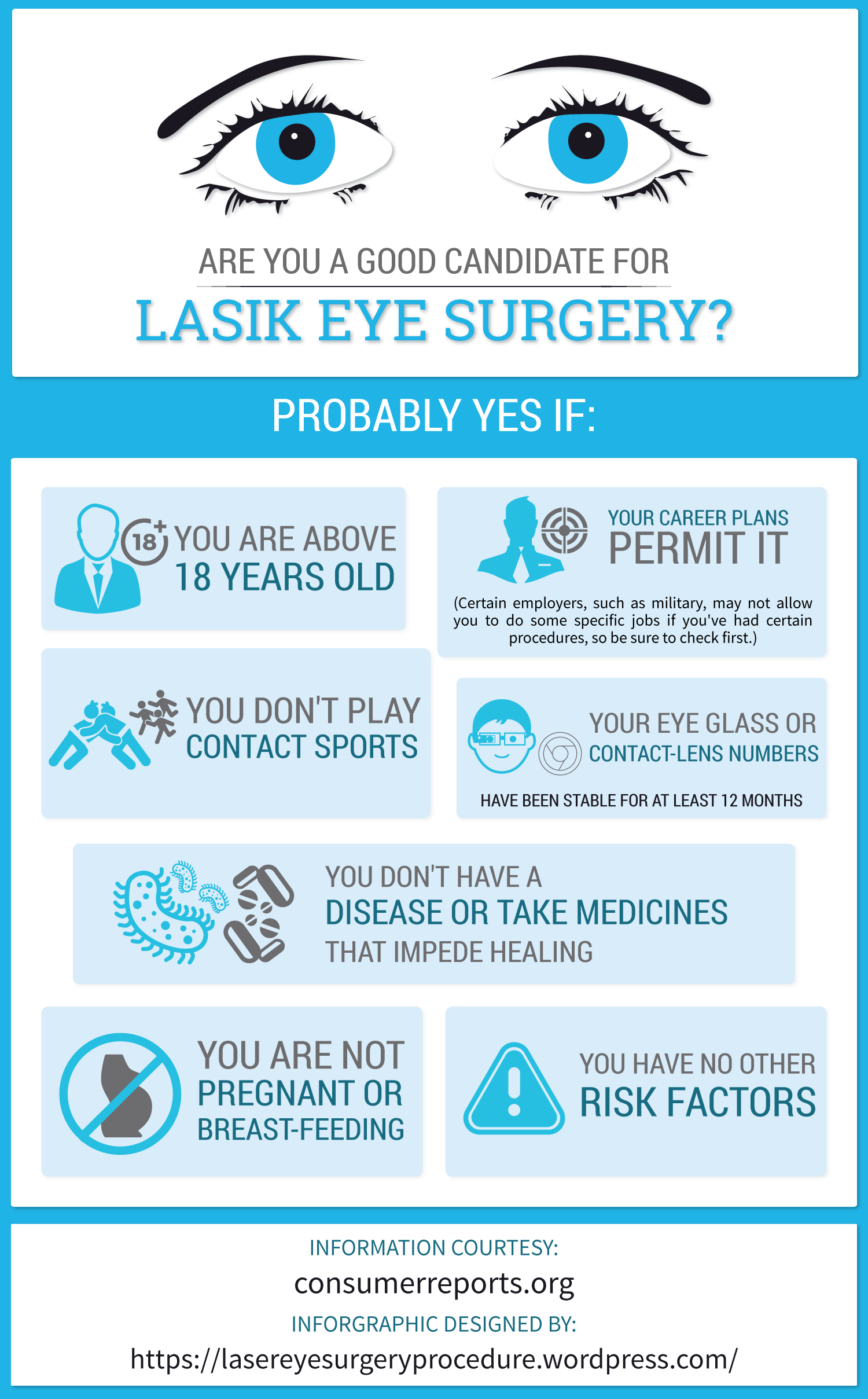Dry Eye Therapy Options: When To Look For Assistance From An Eye Doctor Or An Eye Doctor
Content Author-Klit Ross Dry eye symptoms can be irritating and uneasy. You may ask yourself if you ought to see an eye doctor or an eye doctor for relief. Optometrists typically deal with moderate to modest instances with efficient therapies. Nonetheless, if your signs and symptoms persist or worsen, it may be time to consider a specialist's care. Comprehending the right course for your scenario is vital— so what elements should you think about prior to making that consultation?
Comprehending Dry Eye Symptoms
Have you ever experienced a consistent experience of dryness in your eyes? This pain can be greater than simply an aggravation; it usually signals a common condition called dry eye. You may discover soreness, itching, or a gritty feeling, making it difficult to concentrate. Occasionally, your eyes may even water exceedingly as they attempt to make up for the lack of wetness. You can additionally experience blurred vision, specifically after long term screen time. Identifying these signs is important for managing dry eye successfully. Elements like extended screen usage, environmental toxic irritants, and specific medications can aggravate these sensations.
Duty of Optometrists in Dry Eye Administration
Optometrists play a critical function in handling dry eye, serving as your primary source for medical diagnosis and therapy. They begin by examining your symptoms and carrying out extensive eye evaluations to determine the underlying sources of your pain. With their know-how, they recommend personalized therapy plans, which might include man-made tears, prescription medicines, or way of life adjustments. Optometrists likewise educate you on correct eye treatment techniques to aid relieve symptoms. If your problem requires much more customized interest, they'll refer you to an eye doctor. Regular examinations with your eye doctor guarantee that your dry eye administration works, permitting changes to your therapy as required. Depend on your optometrist to direct you through the procedure of locating relief from completely dry eye signs and symptoms.
When to Consult an Eye doctor
When should you take into consideration seeking advice from an ophthalmologist for your completely dry eye signs and symptoms? If your signs persist regardless of over the counter therapies or get worse over time, it's time to see a specialist. You must also reach out if you experience serious pain, vision modifications, or if your eyes appear red and inflamed. An ophthalmologist can identify hidden conditions like blepharitis or meibomian gland disorder that may call for advanced treatment. If you have a background of eye surgical treatments or persistent problems such as rheumatoid joint inflammation, it's a good idea to speak with an ophthalmologist too.
Final thought
In summary, if you're experiencing dry eye signs and symptoms, begin by checking out an eye doctor for an individualized therapy strategy. They can aid with light to moderate problems utilizing fabricated rips and way of life modifications. Nonetheless, if Omaha Optometrist Near Me That Accept Medicaid and symptoms persist or aggravate, don't be reluctant to consult an eye doctor for more specific care. Taking these steps can bring about better monitoring of your completely dry eye signs and improve your overall eye wellness. Remember, go to this site and vision deserve it! 